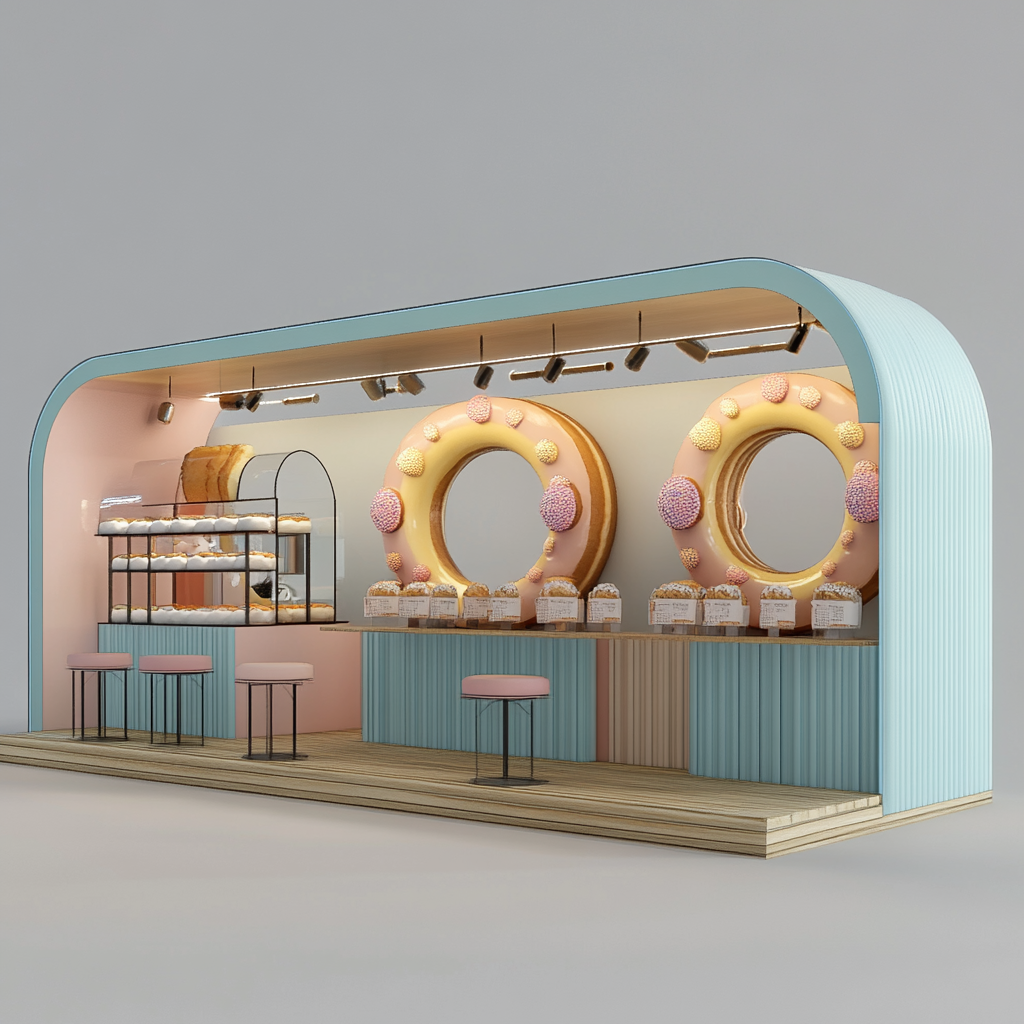Experiential Retail: Enhancing the Shopping Experience
Experiential retail is a strategy that transforms traditional shopping into an immersive and memorable experience for customers. Rather than focusing solely on transactions, brands are now creating engaging, entertaining, and educational experiences that enrich the shopping journey. This approach strengthens the emotional connection between customers and brands, fostering loyalty and differentiation in an increasingly competitive market.
The Rise of Experiential Retail
As the UK high street continues to evolve, experiential retail is replacing traditional stores that rely solely on transactional shopping. Consumers today expect more than just products; they seek engaging brand narratives and interactive touchpoints that make their shopping experience more dynamic and enjoyable. By integrating elements of storytelling and interactivity, brands can encourage customers to spend more time in-store, deepening their connection to the brand.
A study by Savvy found that 73% of Gen Z and Millennials prioritise experiences over material possessions (I know huge right!!) This shift towards valuing access and experiences has fuelled the rise of experiential retail. However, beyond this generational preference, there is a broader movement towards retail spaces that offer more than just shopping – they provide entertainment, education, and engagement.
While experiential retail has been developing for some time, the pandemic briefly halted many interactive, in-person experiences. Now, we are seeing a resurgence as brands embrace innovative retail concepts to re-engage customers.
Why Experiential Retail?
Social media plays a significant role in modern shopping habits, influencing how brands shape in-store experiences. Many retailers now incorporate elements such as selfie stations and interactive displays to encourage customers to create and share digital content. This generates organic brand exposure while enhancing the shopping experience.
Beyond social media appeal, experiential retail immerses customers in a brand’s world. This not only increases dwell time but also fosters emotional connections that drive brand loyalty. Whether through personalised product experiences, interactive technology, or exclusive in-store events, experiential retail helps brands stand out and create lasting impressions.
The Benefits of Experiential Retail
- Enhanced Customer Engagement – Interactive experiences make shopping more enjoyable and memorable.
- Stronger Emotional Connections – Immersive elements help customers feel more connected to the brand.
- Differentiation in a Competitive Market – Unique experiences set brands apart from competitors.
- Buzz and Excitement – Shareable moments encourage social media exposure and word-of-mouth marketing.
- Community Building – Stores become spaces for engagement rather than just transactions.
- Encourages Exploration – Customers are more likely to discover new products and services.
Let’s Talk
Retail is constantly evolving, and brands that stay ahead of consumer trends, such as experiential retail, continue to lead the way. If you’re looking to create an innovative store or experiential activation that captures attention and enhances customer engagement, we’re here to help bring your vision to life.
We have over 10 Years experience designing spaces that feel good and convert. If you have a Experimental Retail project coming up we would love to help.
FAQs
1. What is experiential retail?
Experiential retail focuses on providing engaging and immersive shopping experiences beyond traditional transactions. It aims to create lasting emotional connections with customers.
2. How does experiential retail work?
It incorporates interactive elements like in-store events, workshops, technology-driven experiences, and social media-friendly installations to enhance customer engagement.
3. Who benefits from experiential retail?
Both retailers and customers benefit—retailers gain increased brand loyalty and foot traffic, while customers enjoy more engaging and personalised shopping experiences.
4. What challenges come with experiential retail?
Challenges include the costs of creating immersive experiences, the need for constant innovation, and measuring return on investment. Aligning experiences with brand identity is also key.
5. How is the success of experiential retail measured?
Retailers track success through foot traffic, sales, social media engagement, customer feedback, and repeat visits.
6. What is the future of experiential retail?
Future trends include increased personalisation through AI, augmented reality experiences, and a stronger emphasis on sustainability and community-driven retail spaces.
7. Why is experiential retail important?
It shifts shopping from a simple transaction to an engaging, immersive journey that strengthens brand loyalty and differentiates businesses in a competitive retail landscape.




